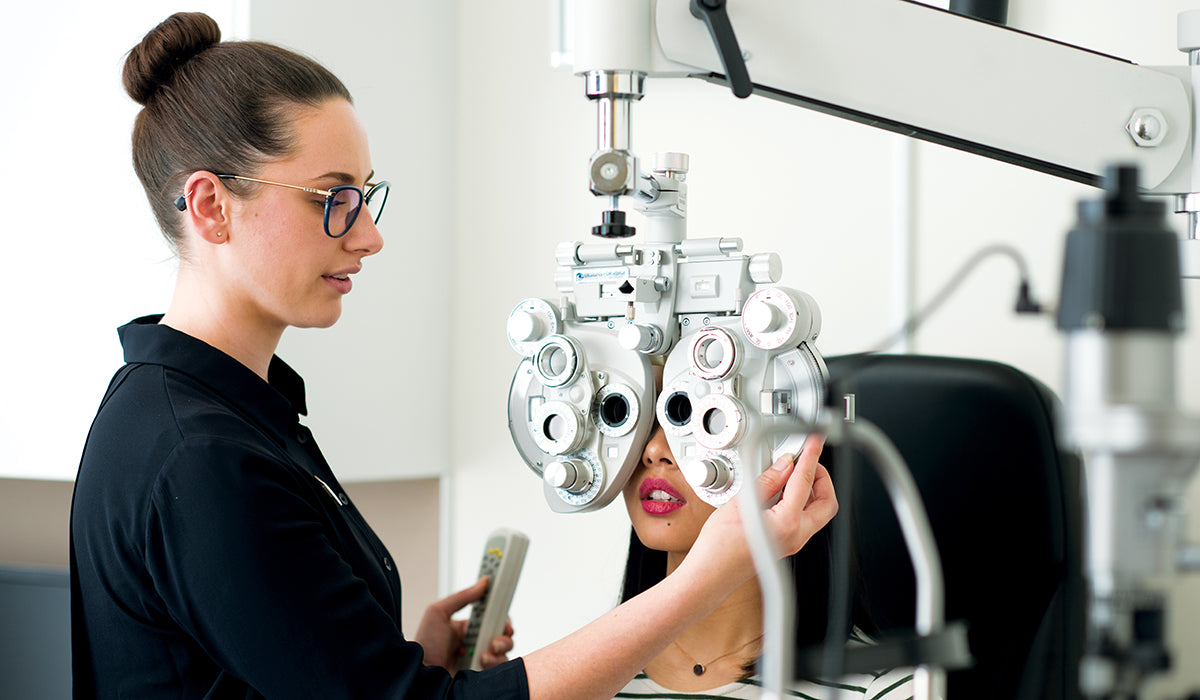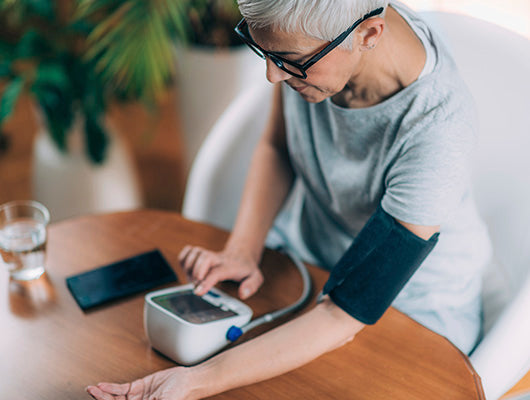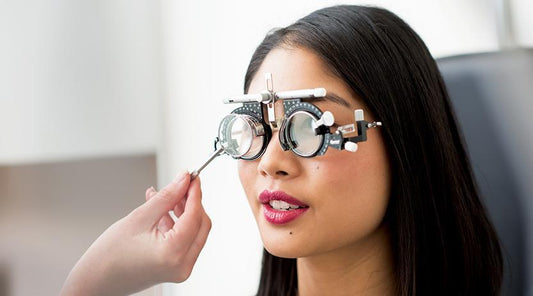Do I need an eye test?

It’s always a good idea to get regular eye tests. Apart from the fact it can help identify and solve any vision problems, it’s also a good way to get ahead of any underlying issues.
That goes for those who already wear glasses and contacts too. Wearing the wrong prescription can be a literal pain with headaches and eye strain, but it can also be downright dangerous if you’re driving a car, for example.
What happens?
When you’re having a routine eye test, your optometrist will do a thorough examination of your vision and eye health. This can help in the early detection of eye conditions like cataracts, macular degeneration and glaucoma. Your optometrist will also look for signs of other medical conditions like diabetes and high blood pressure.
The good news? Most vision problems and many eye conditions can be eased if found and treated early.

How often do I need an eye test?
If you don’t have symptoms like headaches, blurry vision or dry eyes, it’s good to get a check-up every two years. If you’re older or have a family history of diabetes or glaucoma, it might be necessary to go more regularly.
It’s a good idea to take kids for an eye test before they start school – and then each year after, unless their optometrist recommends more regular tests.
Book yourself in for a test if you're experiencing any of these symptoms:
- Blurred or fluctuating vision
- Clouded, distorted or dim vision
- Recurrent eye fatigue
- Difficulty focusing
- Dry or sore eyes
- Recurrent headaches or migraines
- Eye strain
- Seeing spots and floaters
- Scratchy, gritty eyes
- Sensitivity to glare
- Difficulty driving at night
- Frequent changes to prescriptions for glasses or contact lenses.
What your optometrist can look for
Some of the common eye conditions your optometrist can find include:
Getting older
Along with genetics, medical conditions and lifestyle, age is a factor for many common eye conditions. Many people start to experience changes to their vision from the age of 40.

Medical Conditions
If you have diabetes, arthritis, high blood pressure, stroke or a family history of glaucoma you may need to have your eyes tested more regularly.

We're here to help
Speak to your Optometrist if you have any questions, or book an appointment today.
You might also like
View all-
Do I need an eye test?
Having regular eye tests can help identify and solve any vision problems, and they're a great way to get ahead of any underlying issues.
Eye testDo I need an eye test?
Having regular eye tests can help identify and solve any vision problems, and they're a great way to get ahead of any underlying issues.
Read more -
What should I expect during my eye test?
When you first have an eye test, your optometrist will get the lowdown on your eyes, vision, health and lifestyle in order to tailor the test to you.
Eye testWhat should I expect during my eye test?
When you first have an eye test, your optometrist will get the lowdown on your eyes, vision, health and lifestyle in order to tailor the test to you.
Read more -
Eye tests and out-of-pocket expenses
Worried about the costs of getting your eyes tested? We’ve got good news. They’re usually bulk-billed if you’re covered by Medicare.
Eye testEye tests and out-of-pocket expenses
Worried about the costs of getting your eyes tested? We’ve got good news. They’re usually bulk-billed if you’re covered by Medicare.
Read more






